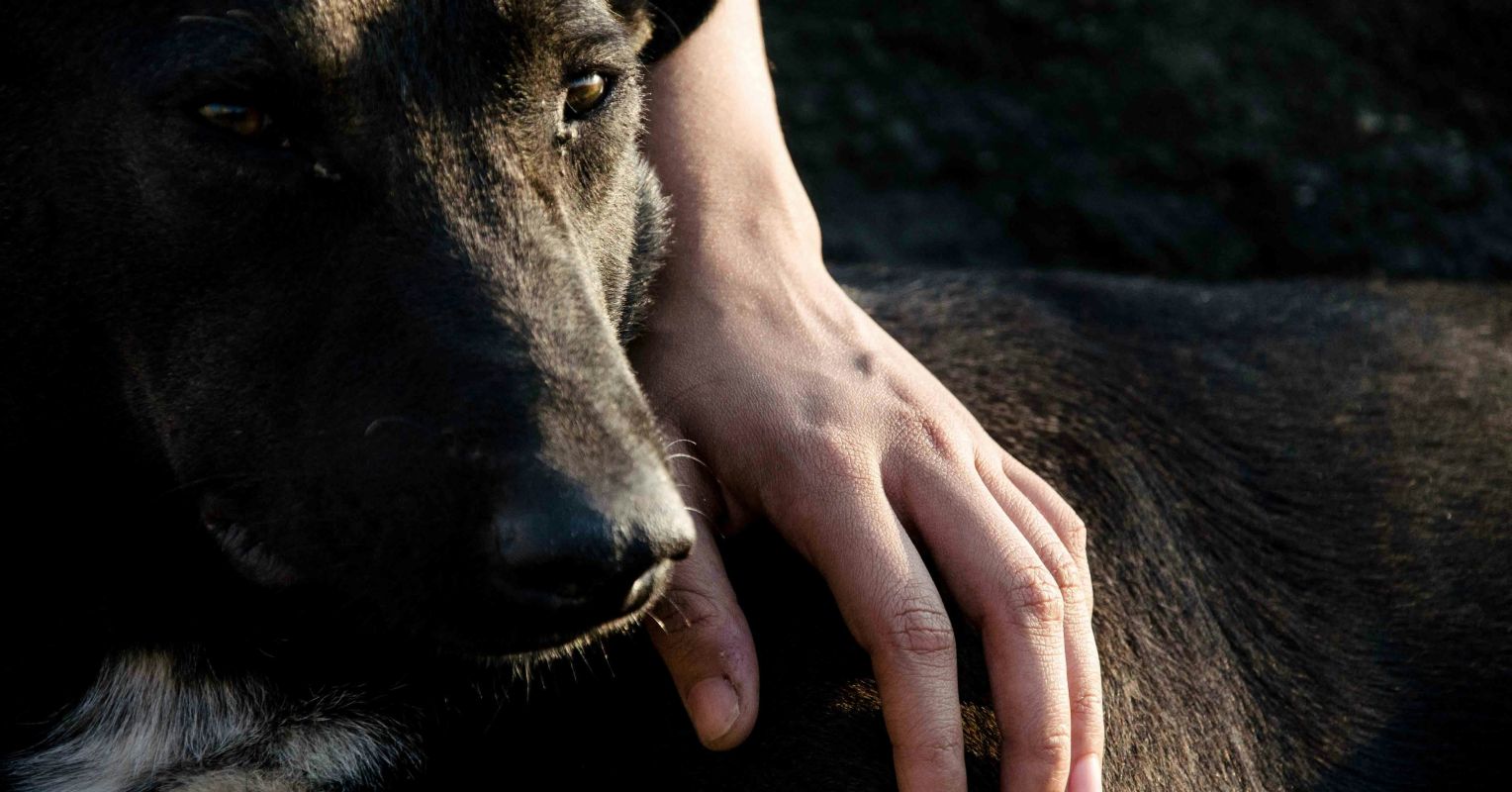In Western societies, dogs are more than pets—they’re companions, family members, and, in many cases, emotional anchors. The human-animal bond has long been the subject of fascination and study, yet research has often oversimplified this relationship by focusing on single dimensions like attachment or satisfaction. A recent, more nuanced study by Turcsán and colleagues, published in Scientific Reports, sought to dig deeper by comparing the dog-owner relationship across 13 different relational dimensions with four key types of human relationships: romantic partners, best friends, children, and closest kin.
The results were both surprising and insightful. They paint a picture of dog-owner bonds that not only rival but often surpass human relationships in terms of satisfaction, support, and emotional harmony.
Dogs as Emotional Anchors
The study’s findings indicate that dog owners experience greater satisfaction in their relationship with their dogs than with most human partners, with the only exception being their children. This underscores how deeply fulfilling the companionship of a dog can be.
Why might this be the case? One reason is the consistency and unconditional nature of dogs’ behavior. Unlike humans, who bring complex emotional histories and expectations into relationships, dogs tend to be predictably affectionate, loyal, and nonjudgmental. This creates a space where emotional needs are met with minimal stress or disappointment.
In fact, dog owners in the study reported experiencing fewer negative interactions with their pets than with any human counterpart, again with the sole exception of their best friends. This lack of conflict, combined with high emotional support, positions dogs uniquely as both comforting and low-maintenance companions.
A Multifaceted Relationship
What sets this study apart is its comprehensive approach. Using the Network of Relationships Inventory, researchers measured a wide range of factors such as support, companionship, nurturance, and conflict. The dog-owner bond emerged as a hybrid relationship, blending elements typically found in both child-parent and best-friend dynamics.
On one hand, dogs rely on their owners in a way that mirrors a child’s dependence on a caregiver. This asymmetric power dynamic gives the owner a nurturing role, which many people find rewarding and meaningful. On the other hand, the companionship and loyalty dogs offer can resemble the comfort and ease of a strong friendship—especially one without the drama.
This dual identity—as both childlike dependent and loyal confidant—helps explain why dog-owner relationships are uniquely fulfilling. They allow people to express care and responsibility while also receiving affection and emotional reassurance, all with minimal relational tension.
What It Says About Us
Interestingly, a good relationship with a dog may also reflect positively on an individual’s human relationships. While it’s tempting to see strong dog-human bonds as compensation for poor human interaction, the study suggests otherwise.
In fact, based on the results from this study, individuals who have strong, satisfying connections with their dogs are also more likely to have fulfilling relationships with people. Rather than being substitutes, these bonds appear to be complementary.
People who communicate well with their pets, provide care, and foster a harmonious environment may bring the same traits into their human interactions. The Emotional intelligence, patience, and empathy cultivated through pet ownership can spill over into other areas of life, enhancing overall relational health.
Relationships Essential Reads
Redefining Relationship Models
The implications of this research go beyond the realm of pet ownership. Traditionally, psychological models of relationships have centered around human-human dynamics. This study suggests that including human-animal bonds in our understanding of relational psychology could offer new insights.
Rather than relying solely on attachment theory, which has dominated the study of close relationships, the researchers propose evaluating dog-owner bonds through a framework of “social provisions.” This approach considers specific benefits—like support, nurturance, and companionship—that different relationships offer.
Such a model acknowledges the validity and complexity of relationships with pets, which can be just as emotionally significant as those with people. For pet owners, this recognition validates the deep feelings they have for their animals and highlights how these relationships contribute meaningfully to their overall well-being.
Conclusion: The Power of Dogs
Ultimately, this study reaffirms what many dog lovers have long believed: our bonds with dogs are not just strong—they’re profound. For many, the dog is not merely a pet but a reliable source of comfort, a confidant, and a cherished family member. These relationships are marked by high satisfaction, emotional support, and a refreshing lack of conflict, placing them on par with—and sometimes above—human relationships in terms of emotional value.
Moreover, the research shows that a good relationship with a dog doesn’t replace human connections but rather enhances them. In a world where human interactions can be fraught with complexity, the simplicity and depth of a dog’s love provide a powerful emotional counterbalance.
Whether curled at your feet or bounding to greet you at the door, your dog may be doing more than keeping you company—they might be quietly enriching your life and relationships in ways you never fully realized.
Dog-Owner Relationship Satisfaction: A Visual Overview
1. Satisfaction Levels:
- Higher Satisfaction: Dog owners report greater satisfaction with their dogs than with most human relationships, except for their children.
- Support Received: Owners feel more supported by their dogs than by friends or close relatives.
- Fewer Negative Interactions: Interactions with dogs are reported to be less negative compared to those with human partners, excluding best friends.
2. Relationship Characteristics:
- High Companionship: Dogs provide consistent companionship, often surpassing that of human relationships.
- Opportunities for Nurturance: The dog-owner bond offers owners a chance to nurture, similar to parent-child relationships.
- Minimal Conflict: The relationship with dogs involves fewer conflicts, akin to the dynamics of close friendships.
3. Comparative Analysis:
- Similarity to Child and Best Friend Relationships: The dog-owner relationship combines elements of both child-parent and best friend dynamics, offering both nurturance and low-conflict companionship.
- Asymmetric Power Dynamic: Owners have full control over their dogs’ lives, differentiating this bond from human relationships.
4. Broader Implications:
- Reflective of Human Relationships: A strong bond with a dog may mirror the quality of an owner’s human relationships, indicating complementary rather than compensatory dynamics.
- Alternative Framework: Evaluating dog-owner relationships through the lens of social provisions offers a new perspective beyond traditional attachment theories.













